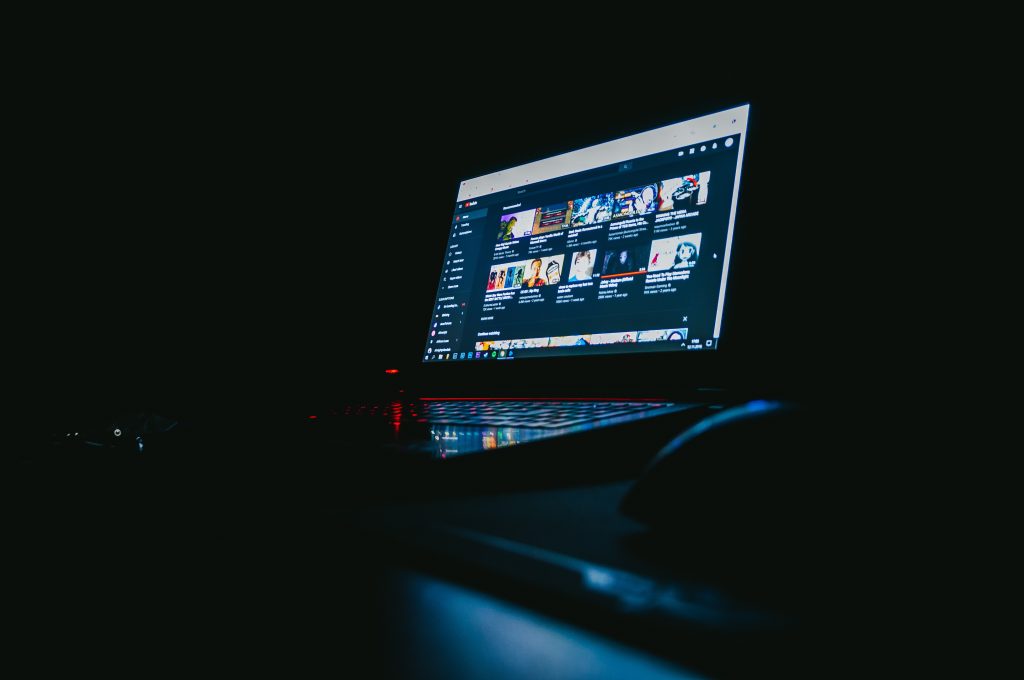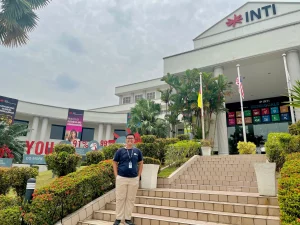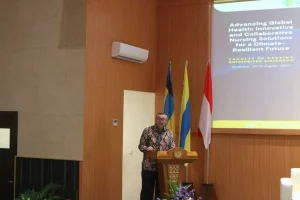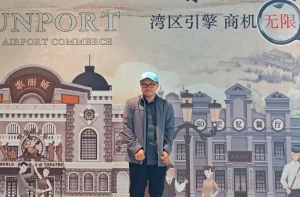UNAIR NEWS – At the end of July, the government issued a government regulation (PP) No 24 2022 regarding creative economics, regulating the financial stipulations to the bank and non-bank institutions for creative economy enthusiasts. One of them is intellectual property-based financing such as lending money with YouTube content.
Addressing the issue, Igak Satrya Wibawa S Sos MCA Ph.D., lecturer of Creative Industry Specialization of Human Resources Development Universitas Airlangga School of Postgraduate Studies (SPS) stated that the regulation is such a breath of fresh air for the content creators in the creative industry. It is an interesting offer as several other countries have adopted the regulations.
“However, Indonesia is yet to enforce the regulations. It sure is a breath of fresh air as content creators were given a bigger opportunity to work,” he said.
YouTube and movies were specifically chosen in the creative economics government regulations due to the rise of creative content creation in the digital media industry with higher income compared to other jobs. It allows the digital media a bigger trial opportunity to ensure that the content is financially worthy for bank loan value.
Comparison with Foreign Countries and Potential Issues
Igak believed, that though the issuance of creative economics government regulations is pretty late, it is a good start that adjusted to the characteristics of the creative industry in Indonesia. However, it is insufficient and requires institutions’ legal certainty to regulate the value content.
“In several countries like Canada and the US, they already have values and comparisons contrasted to us,” he added.
In the US, for instance, a movie with a huge value has a monetary estimation from the product [movie] so the bank can gauge the estimated price accurately. If an actor like Brad Pitt starred in the movie, the bank will estimate the profit and the total debt.
“Indonesia is yet to have such institutions that regulate, guarantee, monetize, and estimate the value price or the guaranteed product,” Igak said.

Based on the potential issue, banks in Indonesia will hardly accept the content as collateral. Bank needs certainty on the content value to be equivalent to the amount of loan.
Therefore, the regulations will require advanced measurements, such as alignment with cross-sectoral banking, law, and copyright, regulating institutions, and many other sectors that must be addressed so the program will run well.
“At least, the creative industry currently has the picture to prepare themselves in creating solid contents with high and stable sale value for the bank,” he said.
Author: Affan Fauzan
Editor: Feri Fenoria









